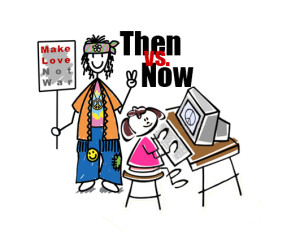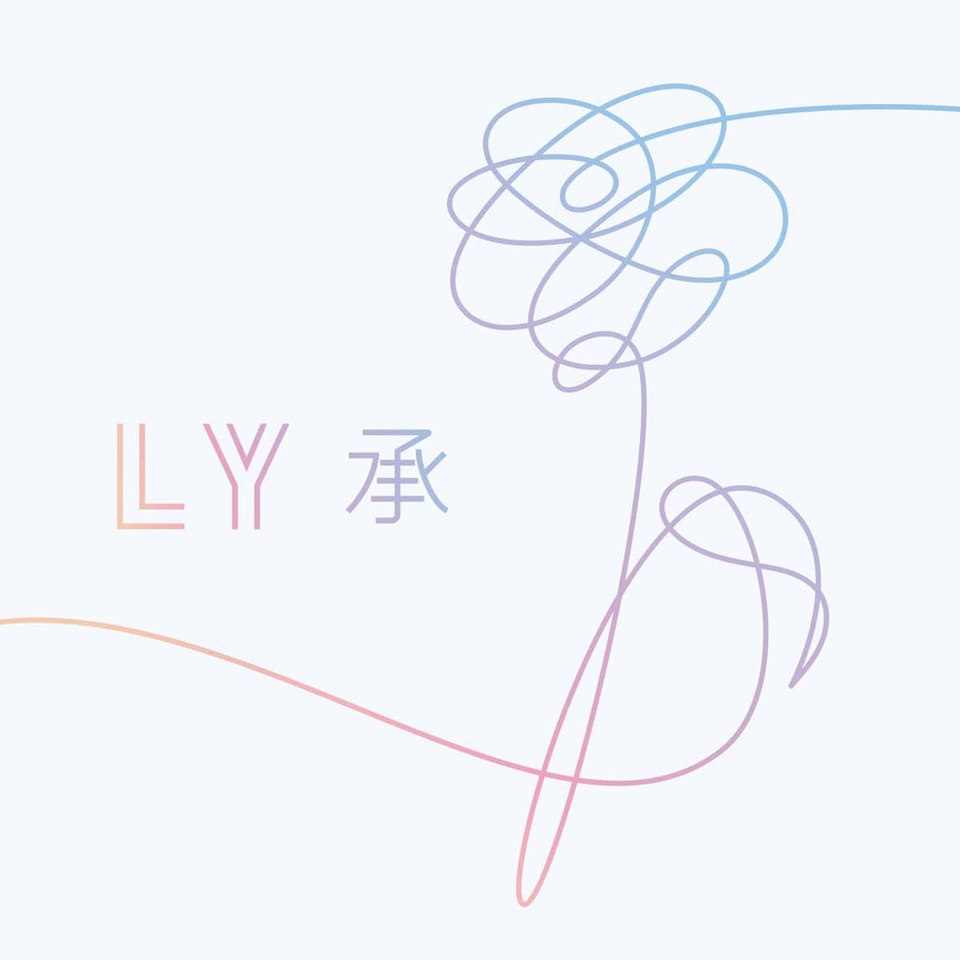By Crissy Holtzer | Student Columnist

We of the millennial generation are a group eager to click, tweet or tag anything we set our minds to and assume our social media exchanges are making the world a better place. We are slacktivists.
Slacktivism is pop culture’s clever name for advocacy via Facebook, Twitter, Youtube, etc. The Oxford English Dictionary online defines it as “actions performed via the Internet in support of a political or social cause but regarded as requiring little time or involvement,” and states its origins as “early 21st century blend of slacker and activism.”
Instead of participating in demonstrations or marching in Washington D.C. like generations before us, much of our generation will instead sign an online petition and feel as though they have done their part to make the world a better place.
We are living in an age of social change and progressive acceptance of different cultures. Everyone wants to make a difference and have their voices heard. Previous to the advent of the Internet, protestors of would make posters, wear T-shirts or attend rallies to show their support of a particular cause. Today, we seem to think changing one’s Facebook profile picture will have the same effect while, unfortunately, it pales in comparison.
Consider the Civil Rights and Women’s Rights movements. Protestors broke laws, were jailed and beaten because they had conviction for their causes. They marched and rallied despite being insulted and demeaned every step of the way. Real people on the streets brought about change, not ghost clicks behind a screen.
Last March, a 30-minute video detailing the crimes of Joseph Kony went viral on the web. The Facebook page had millions of “likes,” and yet, Kony, leader of the Lord’s Resistance Army, is still at large.
This year’s viral cause is the recent splash of the color red across Facebook profile pictures. In light of the Supreme Court cases for marriage equality, many have decided to change their picture to the red and pink equals signs to reflect their stance in favor of gay rights. But when was the last time the Supreme Court took Facebook posts into consideration?
Activism online isn’t completely useless. Sharing, liking and signing online petitions shows who supports an issue and who doesn’t. It also shows who is willing to make their political opinions public. Posting a link about marriage equality, domestic violence or child abuse certainly raises awareness of the issue within your respective group of social media, but that is where the chain of action stops. Once all of your followers and friends are aware of the issue, the action could end.
In addition to raising awareness for a cause, posting one’s support in favor of an issue like marriage equality could be a gesture to those in that respective community that they are not alone and that their problems are real. However, in order for the status quo to change, everyone involved needs to be more than just aware. Mary Joyce, cofounder of the Digital Research Project, thinks that likes and shares are a good first step, but second and third steps should be taken also.
“They’re the difference between doing nothing and doing something, and that’s good,” Joyce said to International Business Times. “The question you have to ask yourself is, ‘what’s next. Will it lead to further mobilization?’”
A 2011 Georgetown University study, “Dynamics of Cause Engagement” reported that those who participate in activism online are twice as likely to participate in more traditional activism like volunteering or donating than their peers who do nothing at all. Spreading the message for your cause beats ignorance any day of the week.
Slacktivism is the lowest common denominator of participation in social progress. Showing support with pictures is symbolic of the will for change, but it is not movement. Malcom Gladwell, author and longtime contributor for The New Yorker says that to change the world, whether in favor of marriage equality, stopping violence against women or putting an end to child slavery, we all need to do more.
“Effective activism historically has involved strong hierarchies and strategic risk-taking by highly motivated people with close personal bonds, like those at the core of lunch-counter anti-segregation protests 50 years ago in Greensboro, N.C.,” Gladwell wrote in his 2010 piece for The New Yorker titled “Small Change.”
For those who wish to graduate to real-world social activism, consider the power of words printed in places outside of social media. Write a letter or an email to your local representative. Members of Congress will be much more inclined to point to letters to represent strong public opinion as opposed to Facebook profiles. Try donating money to your cause of choice or attend a fundraising event. Millennials are the most tolerant and accepting generation yet and we want to make a change, we really do.
We just need to use more than our iPhones to make that change.
Crissy Holtzer is a sophomore journalism and public relations major and can be reached at holtzerc@duq.edu.




